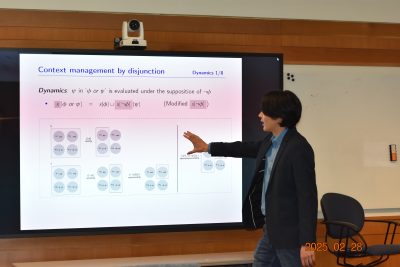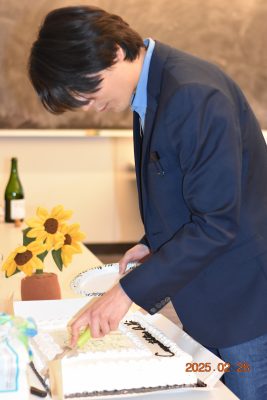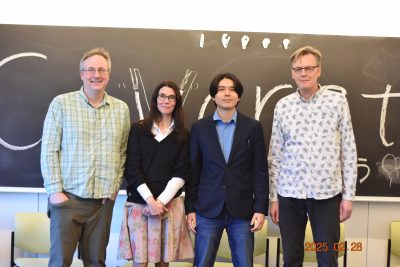Adrian Stegovec taught a mini-course at the University of Nova Gorica – Center for Cognitive Science of Language, between 17th June and 1st July, titled “Restrictions on the order and (co-)occurrence of clitic pronouns: From Slovenian to the world and back again”. The course consisted of five lectures:
- Setting the stage: Restrictions on the order and (co-)occurrence of clitic pronouns
- Person-based restrictions on Slovenian clitics: PCC or not PCC?
- A typological investigation of person restrictions
- A typological gap and why it’s there
- Finding the source of person restrictions


